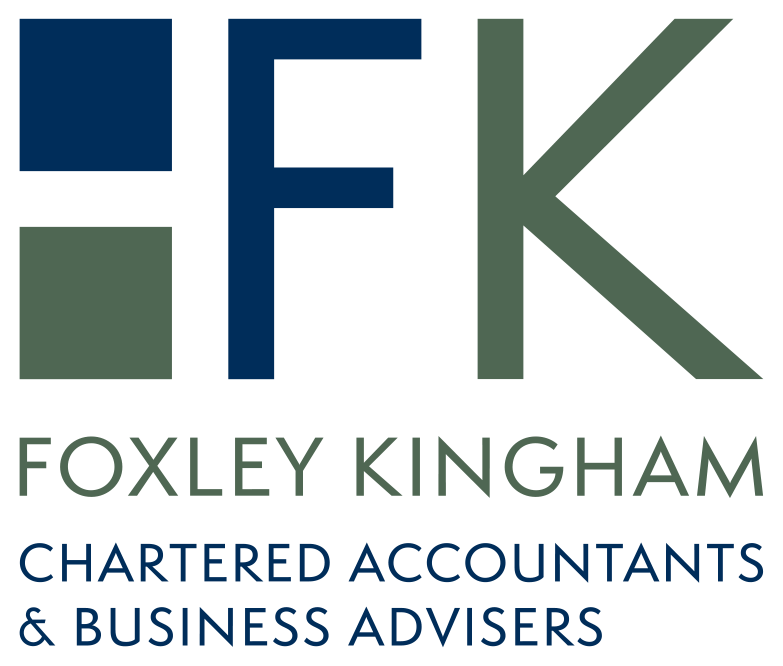
The significant pandemic expenditure continues as we make our way through a third national lockdown. The Chancellor, Rishi Sunak, has claimed it is only fair that those businesses who have benefited, received support and have been kept afloat by government’s crisis support should now help to foot some of the bill which has cost the taxpayer tens of billions of pounds.
My Sunak has told the Treasury officials that a corporation tax increase would ensure Britain remains competitive, he has detailed that each percentage point increase in rates would raise £3.4 billion for the Treasury and has argued that he does not believe that Britain’s low corporation taxes are a big driver of inward investment.
The problem is there is little room for Mr Sunak to manoeuvre in response to the increasing expense of the COVID-19 pandemic, with the Tories sticking to their manifesto promise not to touch the rates of income tax, national insurance and value-added tax. Even though the Chancellor’s principal focus at present is to maintain support as the economy tries to recover, the Chancellor has admitted he will have to make some tough choices to begin the recovery required.
It is also anticipated that on top of corporation tax rises that the Treasury is looking at recouping more revenue from capital gains tax. Although this won’t be confirmed until the budget is detailed, the suspicion follows November’s review of capital gains tax and the recommendation that annual allowances are slashed and rates more closely aligned to income tax.
There is a lot of anticipation such measures being introduced in the next budget in March will only add to the struggle of many companies and again mean that bosses need to make more tough decisions over the future of their businesses.
We spoke to Suki Bains, Insolvency Practitioner, at Business Recovery and Insolvency (BRI) to get some insight into how the industry is reacting to the looming new budget measures. Suki added;
“Capital gains and pension tax relief are two easy targets, followed by corporation tax. It may be in the March budget or later in the autumn budget. We will soon have to pay for the pandemic. Coupled with the recent amendments to business asset disposal relief, there is the potential for some business owners’ long-term planning to be significantly impacted by these potential tax changes.”
BRI are an independent company of insolvency practitioners committed to finding the right solutions for businesses and individuals in financial difficulty. Even though the firm’s name does include the word insolvency, it begins with business recovery and the firm work closely with businesses to first look at recovery ahead of insolvency. BRI deal with many solvent liquidations which enable the extraction of Company funds by the owners and shareholders.
If you are thinking about planning to wind up your business in order to take advantage of the preferential tax rates, do get in touch with us sooner rather than later.

